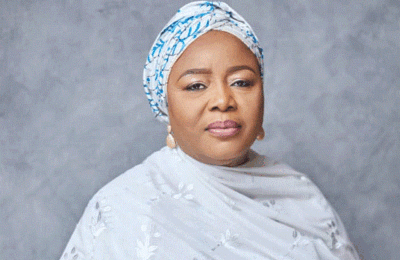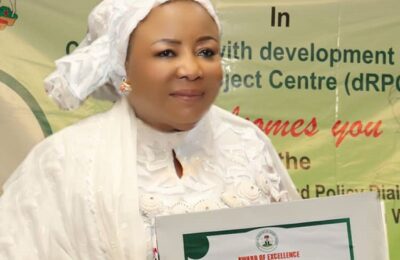In the so called era of globalisation and global village, it is anachronistic to talk about nationalism, autonomy, and development. Pundits have declared the end of history. Development is passe’ and autonomy is out- dated. Politicians talks about a win and win situation, not winners and losers. Nationalism becomes cultural relativism, or fundamentalist at worst. While autonomy is a pipe dream, all fads have their days.
The economic difficulties faced by our country today are due primarily to public sector mismanagement exacerbated by the dynamics of federalism and states creations and by the growth of centralized federal power. Monetary policies has been inadequate, fiscal policies has undeniably rewarded state governments whom has not brought their spending policies in line with their own resources and with national economic objectives, and resources have been consistently misallocated due largely because of the principles of federal character.
Over the years the efforts to deregulate and privatize the economy shows promise but the successes of economic development recorded still depends greatly on the present and future governments of the country.
The principles if democracy are generally known and universally acceptable. Yet, their precise applications very much depends on the historical context of country and the people concerned. A set of principle is one thing and it’s application is another. There is no universally acceptable models of democracy though their are universally recognised principles of democracy ,there are certain unavoidable implications in working democracies like ours. They produce winners and losers, and each one of this has obligations to make the system works.
So also goes for federal character which we must accept as a fact. The principles of the federal character are also generally known and universally acceptable and it different from country to countries based on their varying nature’s and historical context of the people concerned. A set of principles is one thing and it’s applications is another. There is also no universally recognised model of federal character though there is a universally recognised principles of federal character, there are certain unavoidable implications in a working federalism and it’s character. This should not produce winners and losers because of it’s implications s for national unity and cohesion.
The above two postulations shows and suggest that, globalisation, democracy, federal character and developments forms a vicious circle and this imply that in applications, democracy is driven in the globalised world with capitalism as its fulcrums. Largely, these interactions depends on the history of a specified country and people. Thus different nation resorts to carrying methods to nurture their democracy and this in our own case in Nigeria should apply also to our federal character administration.
Remarkably, ethnic differences are often exploited in our country for various purposes ranging from political power to wealth In Nigeria today, most acute problems of ethnicity are prevalent in the states where poverty, corrupt and incompetent leaderships, the colonial heritage and religion had created terrible divisions and endless bitterness. This can only seen to be addressed when we also apply the state character principles as a mandatory means of solving this anomalies?
Most countries of the third world including Nigeria sought to be seen as democratic. The reason for this are to my mind are based in two folds. On the other hand, democracy has attained such a height that to be democratic is now a condition for memberships to international bodies and organizations like IMF, UN, World Bank, and the WTO etc. While in the other hand, financial assistance from the global North to South like borrowing, foreign aids, grants and foreign direct investments, they insists that receiving countries must be democratic.
The question is, why not replicate this system in our federal, state and local governments character as a way of fostering peace, cohesion, development and a sense of belonging in our country? This is a poser to our reform oriented chairman of the Federal Character Commission (FCC), Dr Muheeba Dankaka.
The federal laws which states that the composition of government and the conducts of its affairs shall be carried out in such a manner to reflect federal character of Nigeria and the need to promote national loyalty thereby ensuring that their shall be no predominance of persons from a few states or from a few ethnic group of other sectional groups in that government or its agencies must be replicated to the states and local governments areas of the country for peace to reign and this will complete the search for peaceful co-existence in our country.
– Musa Wada writes from Abuja.




